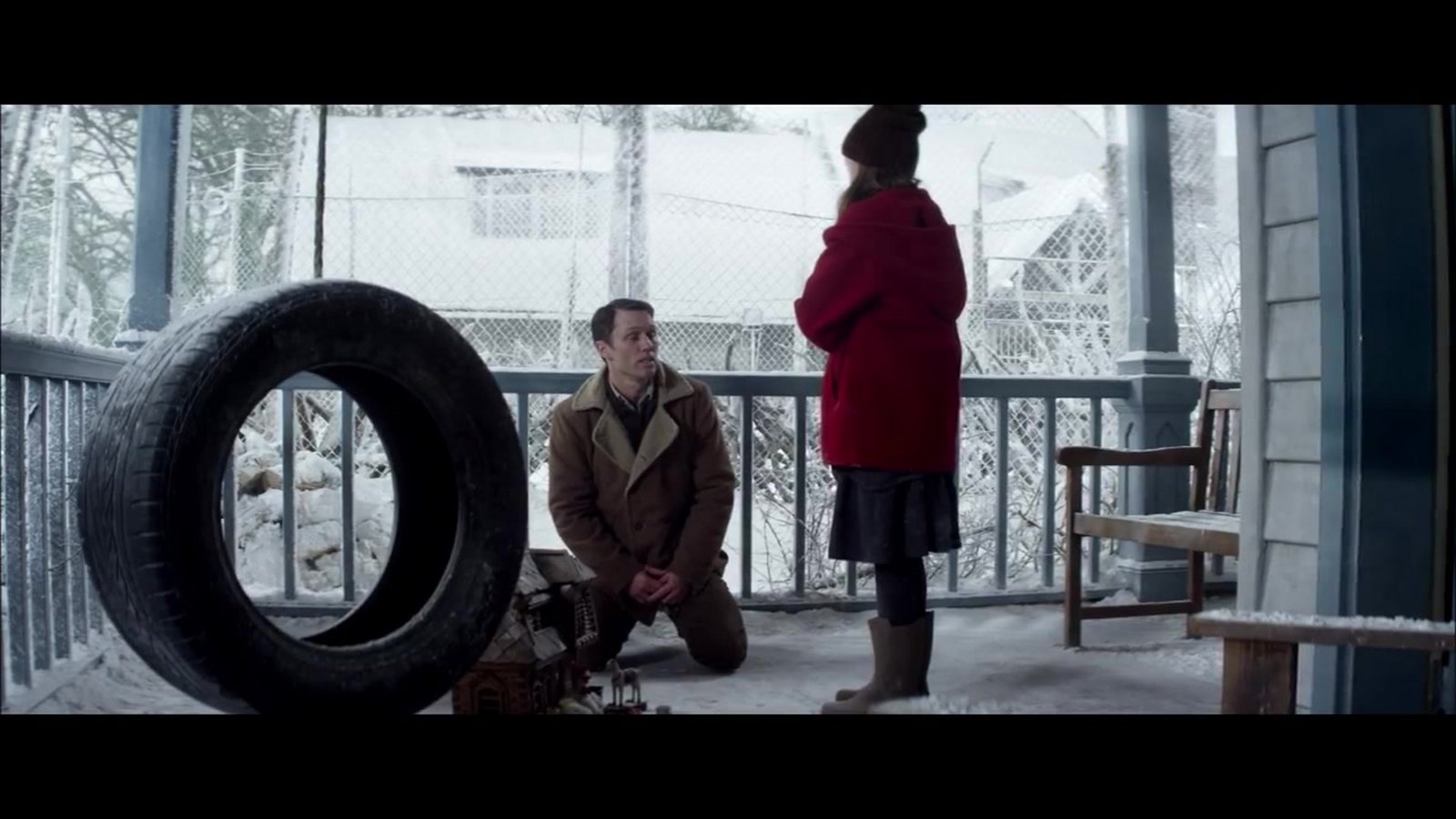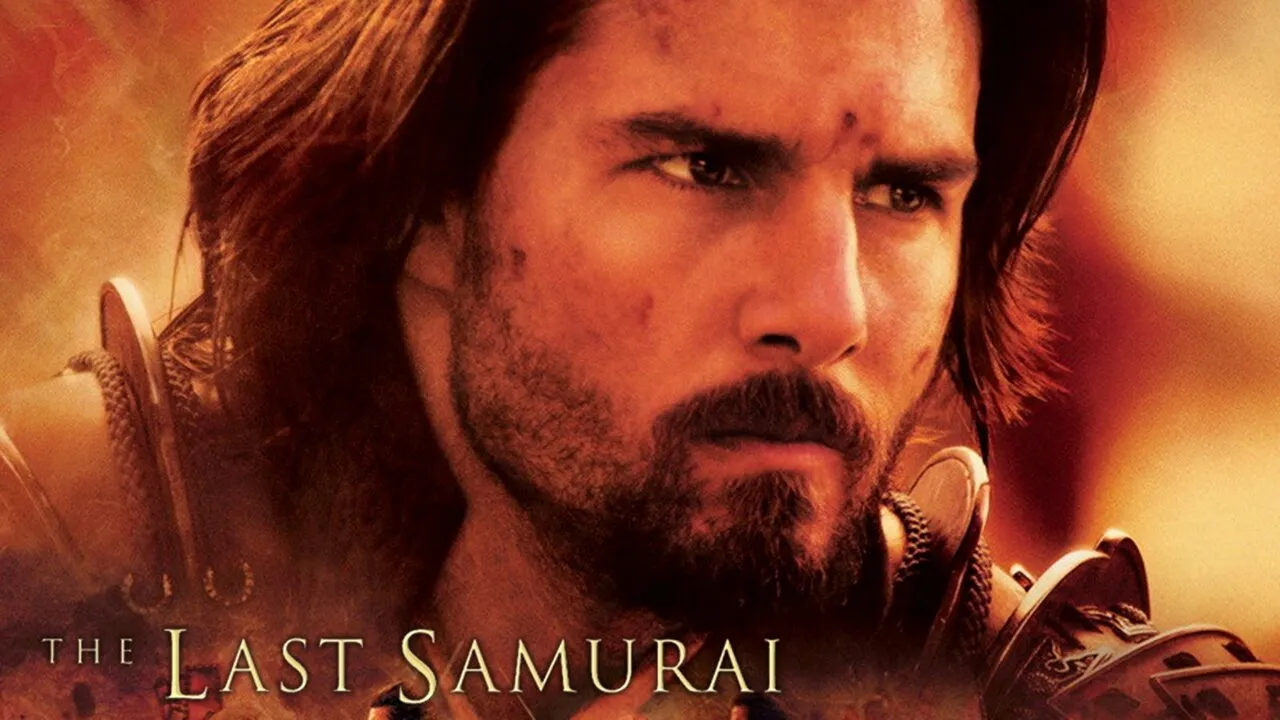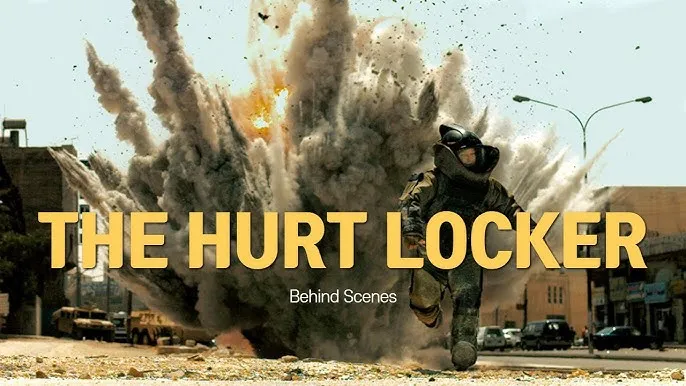“In a world frozen by death, the hardest thing is learning to trust what’s still breathing.”
The world didn’t end with a bang. It ended with silence. And then came the growls of what used to be human.
“Extinction (2015)” is a post-apocalyptic horror film from director Miguel Ángel Vivas, adapted from the novel Y pese a todo by Juan de Dios Garduño. While it shares a world of viral catastrophe with other zombie films, Extinction chooses a quieter, more chilling path — one where the monsters are outside, but the wounds that really linger live between the walls of two broken men.

The apocalypse took civilization. But trust — trust was destroyed by the survivors themselves.
Set in a desolate, snowbound town years after a deadly outbreak turned most of humanity into flesh-hungry creatures, three survivors remain. But they’re not a group. They’re ghosts living opposite each other — divided by a frozen yard, a makeshift fence, and years of silence.
Patrick raises his young daughter Lu in isolation, teaching her to shoot, to survive, and to never, ever speak to the man in the house across the way. That man, Jack, was once Patrick’s closest friend. Now he’s just a shadow behind frosted glass.

What happened between them? The film never says outright. It doesn’t need to. You see it in their eyes. In the radio static. In the door that’s never opened.
And then the creatures return — faster, smarter, evolved. And suddenly, survival means more than guns and walls. It means confronting the ghosts they created inside themselves.

Sometimes, what eats at you doesn’t need claws. Just memory.
Extinction is powered by restraint:
The tension of words unsaid
The hum of a forgotten generator
A child’s voice asking: “Why can’t we visit the other house?”
And two men, each waiting for the other to forgive first

The landscape is drained of color — snow, steel, silence. When action explodes, it does so with brutal clarity. But it's the aftermath that matters: the quiet, the choices, the door that stays closed too long.
A zombie film where what remains of humanity is scarier than the infection.
No hordes. No chaos. Just a long, bitter winter and two men who might die not because of what’s out there — but because of what’s between them.
Because in Extinction, the end of the world didn’t happen once. It happens every day someone refuses to knock.

-1749780241-q80.webp)

-1752633380-q80.webp)